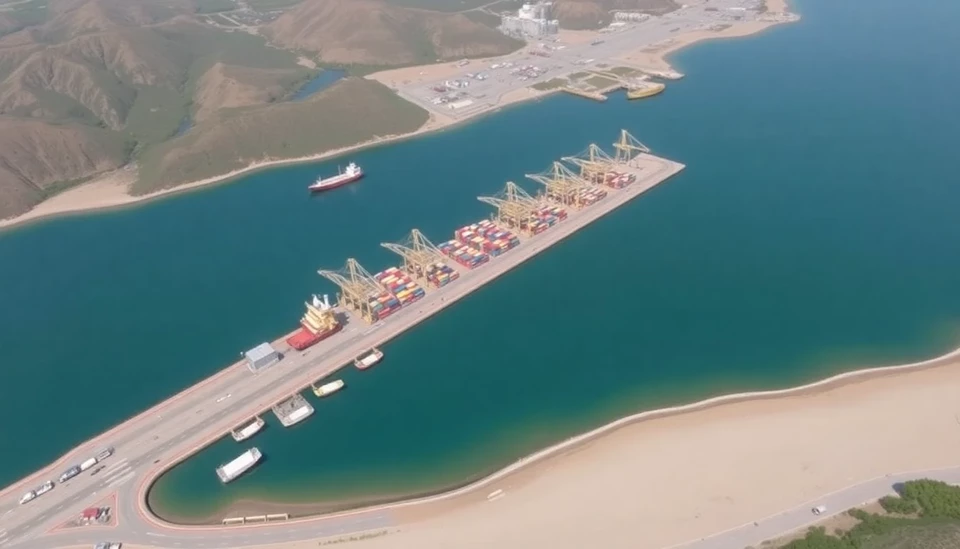
In a striking move that underscores China's growing influence in South America, the Asian powerhouse has committed a staggering $1.3 billion to develop a new deep-water port in Peru. However, this ambitious investment is now facing a multitude of challenges that stem from the diverse landscapes and complex geopolitical dynamics of the region, spanning from the Andes mountains to the Amazon rainforest.
The project aligns with China's broader Belt and Road Initiative (BRI), which aims to enhance trade links between Asia and other continents through significant infrastructure investments. In Peru, the planned port in the southern province of Ilo represents a key node in China's efforts to facilitate maritime access to markets in Asia while simultaneously enriching local economies through enhanced trade capabilities.
However, as the plans unfold, they have encountered substantial obstacles that range from environmental concerns to logistical issues. The proposed site, nestled between the towering Andes and the sprawling Amazon rainforest, presents unique challenges that have raised alarms among local communities and environmentalists. Navigating the intricacies of these ecologically sensitive areas has proven to be a formidable task for the Chinese state-owned enterprises involved in the project.
Environmental activists have expressed profound concerns over the potential impact of the port on the region's fragile ecosystems. The Amazon rainforest, home to an incredibly diverse array of flora and fauna, faces the threat of deforestation and pollution that could arise from expanded industrial activity, including shipping and construction. Opponents to the project argue that these ecological ramifications could undermine Peru's environmental integrity and the livelihoods of indigenous populations who rely on the natural resources of the area.
Moreover, local communities have voiced their discontent with the lack of transparency and engagement from the Chinese firms and the Peruvian government. Many residents feel that their needs and opinions have been sidelined in the face of investment-driven development. The combination of these dissenting voices has sparked protests and demands for greater accountability from both the Chinese and Peruvian stakeholders.
As the logistical aspects of the project unfold, additional complications have arisen. The geography of the terrain presents significant challenges in constructing the necessary infrastructure to support a large-scale port operation. Transporting materials and resources to the site through the mountainous regions provides logistical headaches that could extend the timeline and increase costs.
Despite these mounting challenges, proponents of the project, including some segments of the Peruvian government, highlight the potential economic benefits of the port. They argue that by creating a more efficient trade route, Peru could see a boost in exports, particularly for commodities that are essential to its economy, like minerals and agricultural products. Investments in the port could, in theory, stimulate job creation and enhance the livelihoods of many Peruvians in the region.
The discourse surrounding the port project is reflective of a broader trend within South America, where infrastructure investments by China have become a double-edged sword—propelling economic development while simultaneously raising crucial questions regarding environmental sustainability and community engagement.
As this situation continues to evolve, all eyes remain on the interplay between national interests, environmental stewardship, and local rights as stakeholders from China and Peru navigate the complexities of this ambitious $1.3 billion endeavor.
In conclusion, China's investment in the Peruvian port signifies a vital intersection of opportunity and challenge. The ultimate fate of this project could set a precedent for future investments in the region, making it crucial for all parties to address the myriad concerns raised by environmentalists and local communities alike.
#ChinaPeruInvestment #PortDevelopment #BeltandRoadInitiative #EnvironmentalConcerns #SouthAmericaTrade #LogisticsChallenges #IndigenousRights
Author: Daniel Foster




